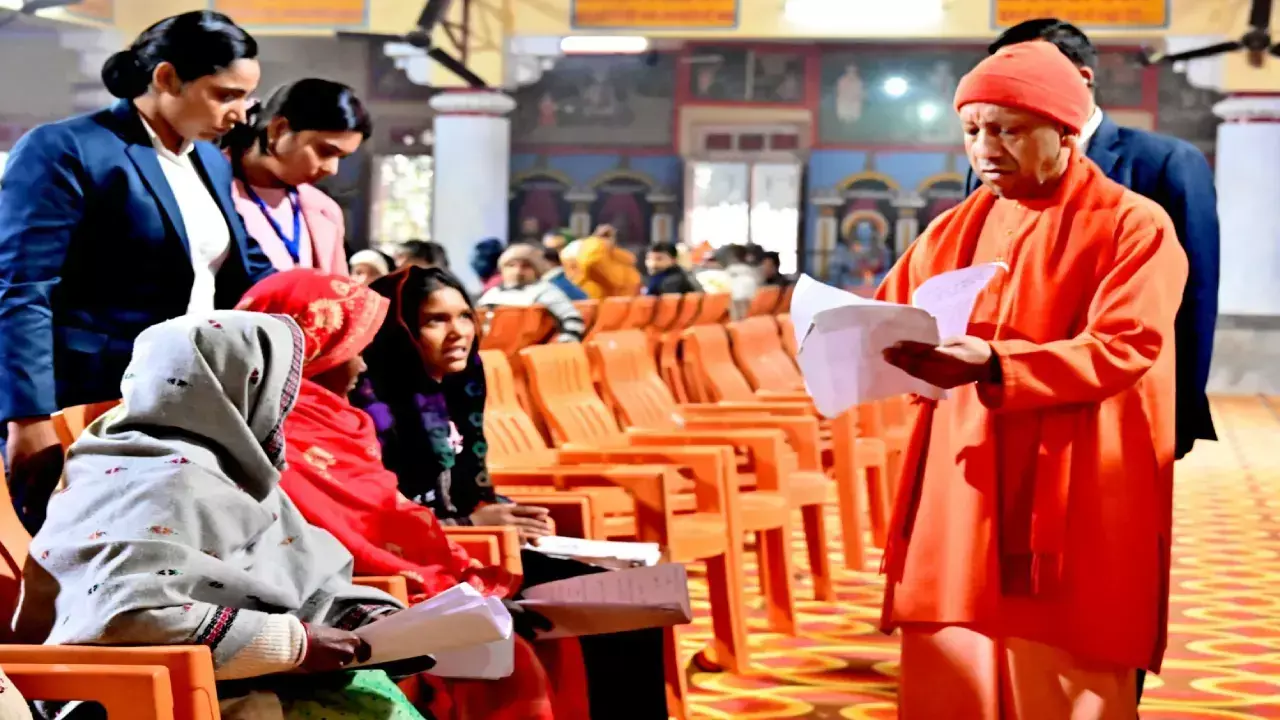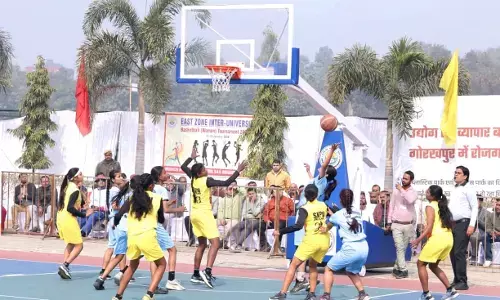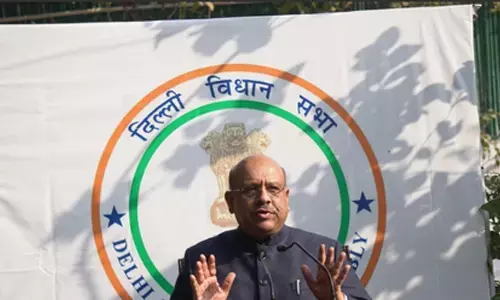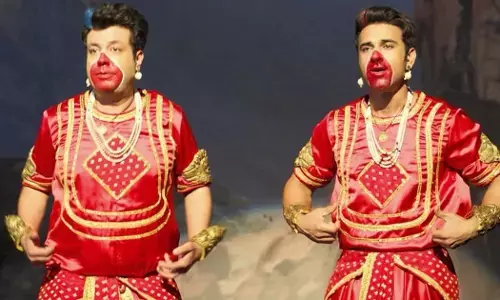Exploring literary horizons
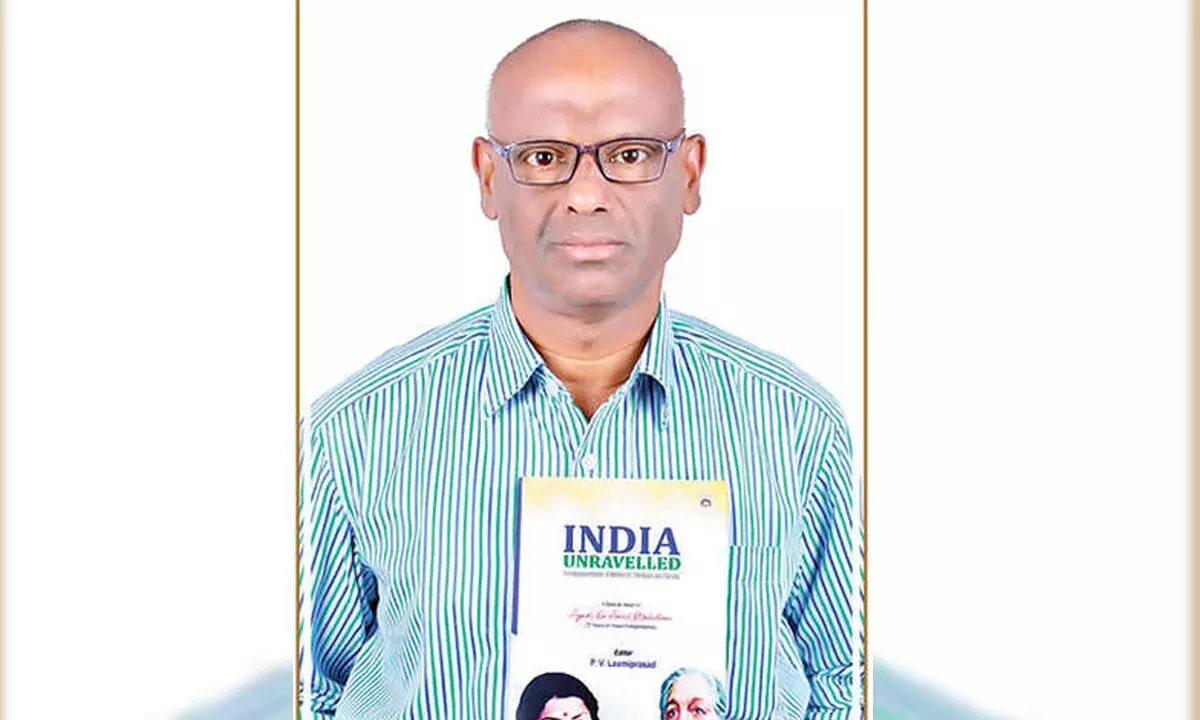
Delve into the rich insights of author, editor, and literary critic PV Laxmiprasad as he shares his experiences across genres, from poetry to translations, offering valuable perspectives on Indian and global literature
PV Laxmiprasad, an eminent figure in English Literature from Karimnagar, Telangana, shares insights into his prolific career as an author, editor, and literary critic. With a repertoire of 42 critical and creative books, Laxmiprasad’s journey offers a profound understanding of various literary genres and cultural dimensions.
1. Your critical books span across poetry, novels, playwrights, and short story writers. Anything to share with us?
In fact, the bulk of criticism and quality of content speak about my contributions. I have touched all genres. Indian Writings in English are an established lot in the creative and critical spectrum. I am happy to have done substantial research on Indian Writers in English.
2. You have touched all genres. Which do you think is the toughest nut to crack?
Undoubtedly, it is poetry by all merits. Poetry is the highest creative faculty difficult for interpretation. The age, the history, the rulers, and the culture have to be kept in mind before critically evaluating any work. The Muse of Poetry fascinated me in the early days of my college.
3. You published a Memoir on Covid-19. Please share your experiences here.
Covid-19 has been a global disaster caused by a small virus. Millions have been affected. It is a major catastrophe of the 21st century. It still lingers in our minds. I have covered those developments from what I had seen, observed, and experienced as a citizen. I reckon that it is a good contribution for posterity.
4. It is good to see that you have published a few books in the USA. What are your experiences with overseas publishers?
I have learned that it is systematic work doing with the US publisher. They are uncompromising in terms of editing, proof-editing, and quality. One has to be disciplined working with any US publisher. I learned more by publishing with them.
5. Your book on Sarvepalli Radhakrishnan. Are you interested in Philosophy?
Yes, I worked on Sarvepalli Radhakrishnan’s The Hindu View of Life. That enlightened me as a reader. Then I thought of doing a critical analysis on this magnum opus. Working on his philosophy has changed my outlook. As a critic, it was really challenging for interpretation. Philosophy is the most difficult genre to interpret and negotiate.
6. Your books on Amitav Ghosh, Mahesh Dattani, and Manju Kapur speak volumes about your scholarship. Please share your views with the readers?
They are established writers par excellence. I was fortunate enough to have worked on them. No doubt, they championed the cause of society in more ways than one. Their literary writings reflect multi-dimensional perspectives.
7. You have edited a book on the novels of Daya Dissanayake, a Sri Lankan Novelist in English. Why are you so interested in his works?
First, Daya Dissanayake is an environmentalist to the core of his novels in English. He has a sizeable number of novels to his credit. His writings reflect the land, the geography, the mythology, and the environment. As a crusader, he pleads for the protection of the environment. As a reader, I was impressed by his novels. As an editor, I think I worked on a terrific novelist from a neighboring country.
8. Your book on Translations. Please explain?
It is entitled “Bridges across the Nation: The Vitality of Indian Literatures in Translation.” I have covered regional writers from Telugu, Tamil, Marathi, Malayalam, Hindi, and etc. The critical book connected all the regional writers in translation. The experience has been fulfilling and rewarding.



